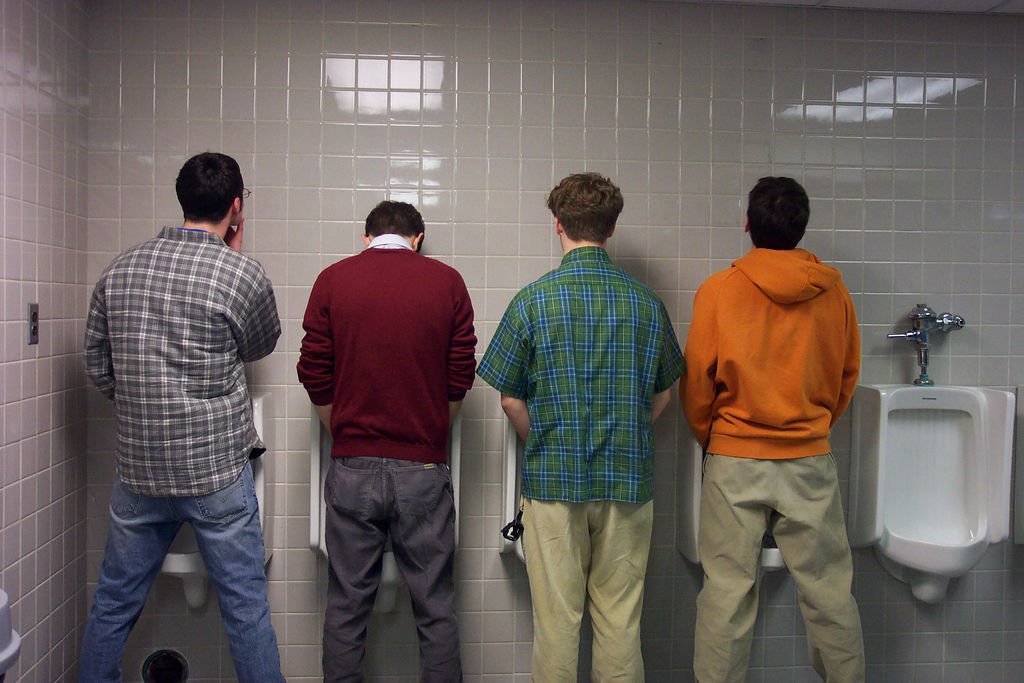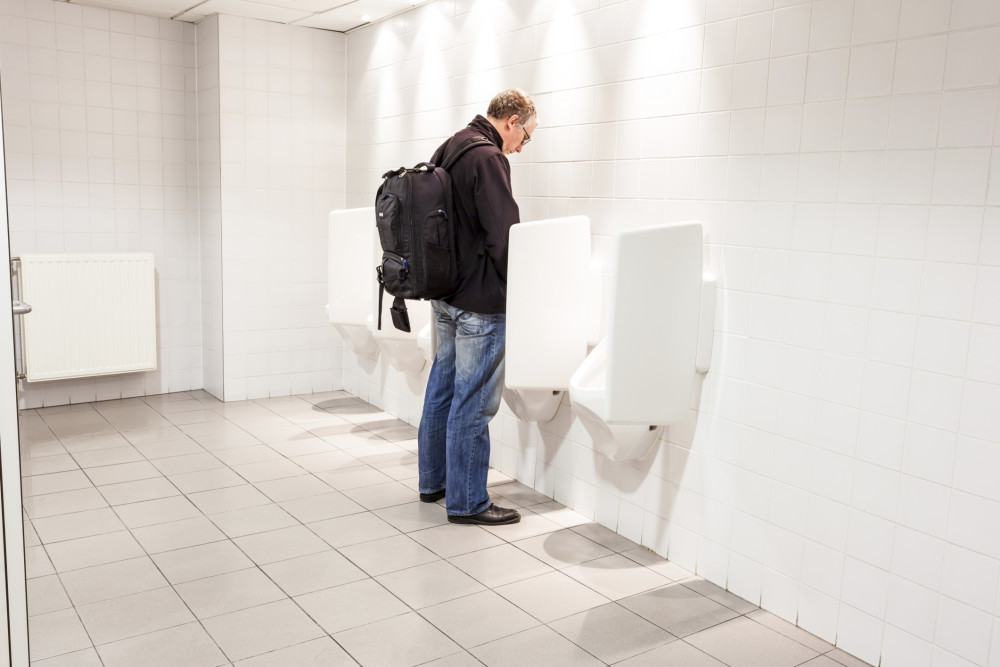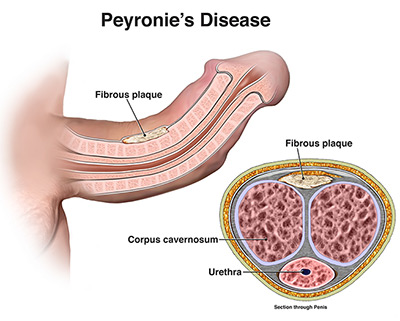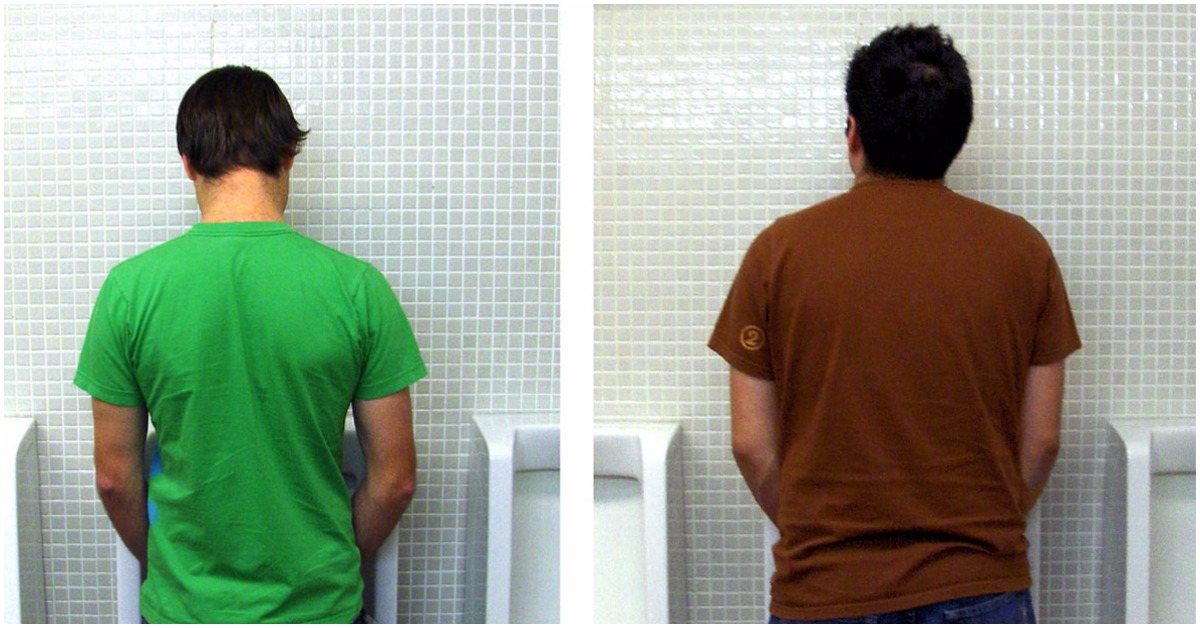For anyone who's never tried to pee while standing up before, there can be a lot of confusion and baffled looks about the mishaps that often happen in the process. In fact, when bringing up the topic of this article, one of my own coworkers expressed sheer disbelief at the notion that pee doesn't just fall straight down out of a man's nether regions while standing above the toilet.

The truth is that, much like many different elements of the body, not every man's pee is exactly the same. Due to various factors like the curvature of one's penis, the amount of force applied at the time of urination, or even stress (yes, stress can affect it), sometimes what should be a straight line is very much not.

It's a phenomenon that has yielded strange looks and drenched toilet seats worldwide, but people often don't think about it outside of the context of "Ugh, now I need to wipe the seat down." However, according to new research from the American Society for Reproductive Medicine, if your pee doesn't follow a straight line, you might be at serious risk of some pretty awful health conditions...
Researchers have identified that men's pee being curved is actually the result of a condition called Penile Fibrosis, which manifests as curvature of the penis, both internally and sometimes externally. It's also called Peyronie's Disease.

While examining the genes of people with the condition, it was revealed that people who suffer from it are anywhere up to 40% more likely to contract conditions like testicular cancer, melanoma, or even stomach cancer.
The research is still in its infancy, but if true, it means that men with Penile Fibrosis should be monitored much more closely for these conditions than they currently are, as a 40% increase in risk is no laughing matter. Screenings for cancer do often tend to have some kind of harm alongside them though, so it will be important for the research to be as conclusive as possible before any action is taken.
What do you think? Are you more concerned about potential cancer risks now?

